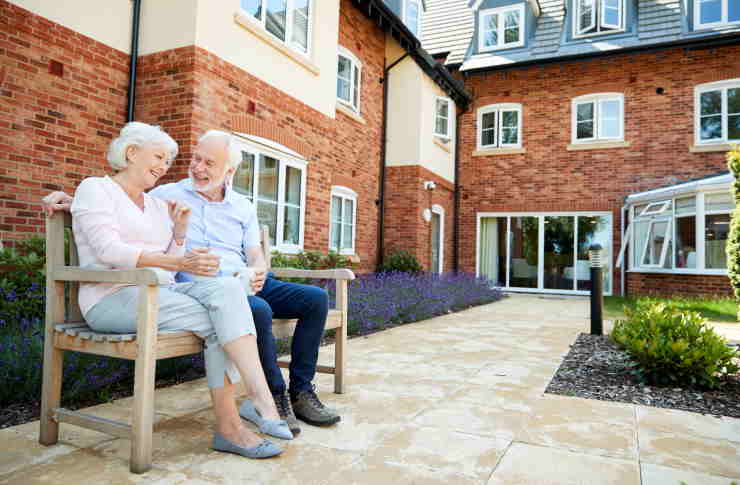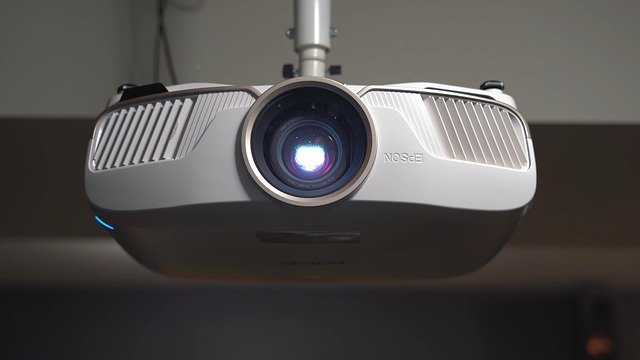Senior Apartments: A Comprehensive Guide to Housing Options for the Elderly
As we age, our housing needs often change. Senior apartments offer a tailored living solution for older adults seeking comfort, community, and convenience. This article explores the world of senior apartments, their benefits, and what to consider when choosing one.

What features do senior apartments typically offer?
Senior apartment buildings are designed with the comfort and safety of older residents in mind. Common features include:
-
Accessible design: Wide doorways, grab bars in bathrooms, and minimal stairs or thresholds
-
Emergency call systems
-
Elevators in multi-story buildings
-
Communal spaces for socializing and activities
-
On-site laundry facilities
-
Outdoor areas like gardens or patios
-
Parking or transportation services
Some senior apartment complexes may also offer additional amenities such as fitness centers, libraries, or even on-site healthcare services, depending on the specific community.
How do senior apartments differ from other housing options for the elderly?
Senior apartments are distinct from other types of senior housing in several ways:
-
Independence: Unlike nursing homes or assisted living facilities, senior apartments are for older adults who can live independently.
-
Age restrictions: Most senior apartments have age requirements, typically 55 or 62 and older.
-
Community focus: Senior apartments often emphasize social engagement and community activities.
-
Maintenance-free living: Many senior apartments include maintenance services, relieving residents of home upkeep responsibilities.
-
Cost: Senior apartments are generally more affordable than assisted living facilities, as they don’t include extensive care services.
What are the benefits of choosing a senior apartment?
Opting for a senior apartment can offer numerous advantages for older adults:
-
Social opportunities: Living among peers can reduce isolation and promote an active social life.
-
Safety and security: Many senior apartment buildings have enhanced security features and staff on-site.
-
Simplified living: Maintenance-free living allows seniors to focus on enjoying their retirement.
-
Age-appropriate design: The physical environment is tailored to the needs of older adults, promoting safety and comfort.
-
Potential cost savings: Compared to maintaining a larger home, senior apartments can be more economical.
-
Access to services: Some communities offer transportation, meal plans, or other services that can make daily life easier.
What should seniors consider when choosing an apartment?
When selecting a senior apartment, it’s important to consider several factors:
-
Location: Proximity to family, healthcare facilities, and favorite activities
-
Budget: Rent and additional fees for services or amenities
-
Community culture: Social activities, rules, and overall atmosphere
-
Accessibility features: Ensuring the apartment and building meet current and potential future needs
-
Services offered: Understanding what’s included in the rent and what additional services are available
-
Pet policies: For seniors with animal companions
-
Visitor policies: Rules regarding overnight guests or extended stays
How much do senior apartments typically cost?
The cost of senior apartments can vary widely depending on location, amenities, and services offered. Here’s a general overview of pricing across different regions:
| Region | Average Monthly Rent Range |
|---|---|
| Urban areas | $1,500 - $3,500+ |
| Suburban areas | $1,000 - $2,500 |
| Rural areas | $700 - $1,500 |
Prices, rates, or cost estimates mentioned in this article are based on the latest available information but may change over time. Independent research is advised before making financial decisions.
It’s important to note that these figures are estimates and can vary significantly. Factors that influence cost include:
-
Location (city and neighborhood)
-
Size of the apartment
-
Included amenities and services
-
Age and condition of the building
-
Local real estate market conditions
Some senior apartments may also offer income-based options or accept housing vouchers, which can make them more affordable for seniors on fixed incomes.
Senior apartments provide a valuable housing option for older adults seeking a balance between independence and community. By offering age-appropriate design, social opportunities, and often a range of convenient services, these living arrangements can significantly enhance the quality of life for seniors. When considering a move to a senior apartment, it’s crucial to carefully evaluate personal needs, preferences, and financial considerations to find the best fit. With the right choice, a senior apartment can become a comfortable and enriching home for the golden years.






